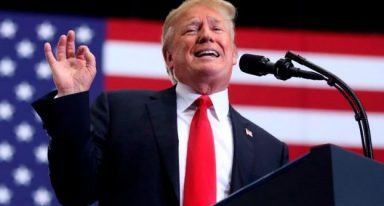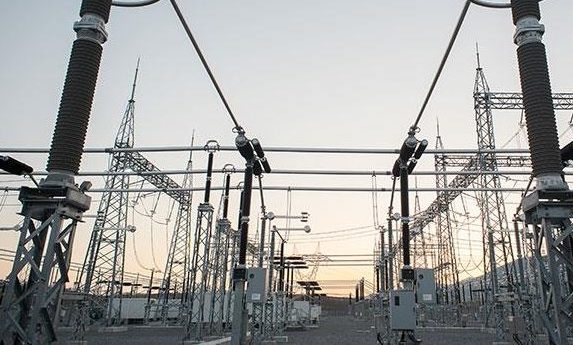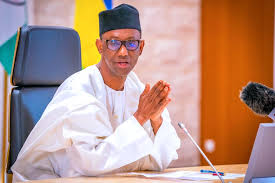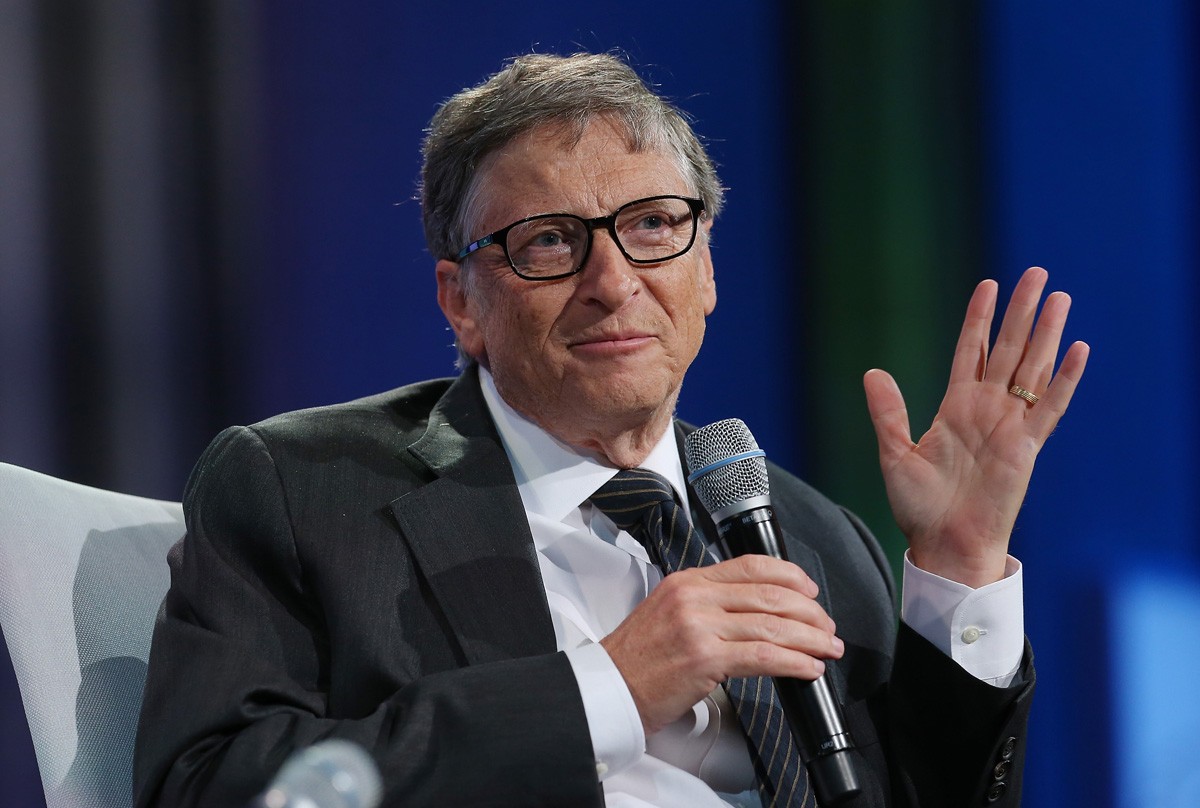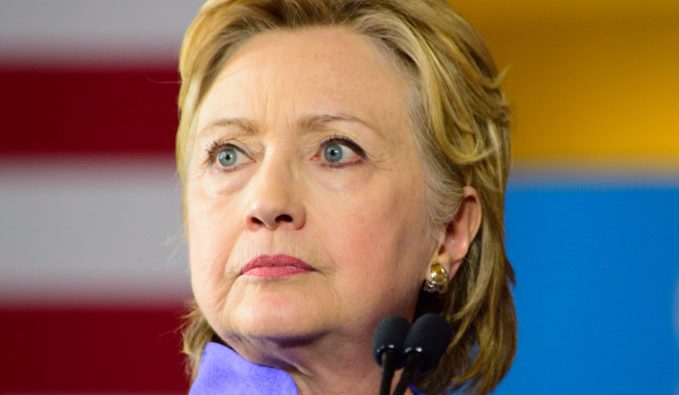A summit between US President Donald Trump and Russian leader Vladimir Putin will go ahead as planned despite tension over Moscow’s alleged election meddling, the White House says.
The pair will meet for talks in the Finnish capital, Helsinki, on Monday.
“It’s on,” White House spokeswoman Sarah Sanders told reporters.
But there are calls for the meeting to be cancelled after the US charged 12 Russian intelligence officers with election interference on Friday.
For its part, Russia said it was looking forward to the meeting.
“We consider Trump a negotiating partner,” said Kremlin adviser Yuri Ushakov.
“The state of bilateral relations is very bad. We have to start to set them right.”
The announcement that the Russians had been charged with hacking Democratic officials during the 2016 presidential election sparked a heated war of words between Washington and Moscow.
Russia’s foreign ministry said the claims were a “heap of conspiracy schemes” intended to “damage the atmosphere” before Monday’s summit.
It said there was no evidence linking any of the dozen officials to hacking or military intelligence.
But US Deputy Attorney General Rod Rosenstein insisted that “the goal of the conspirators was to have an impact on the election.
The 11-count indictment names the Russians defendants, alleging they began cyber-attacks in March 2016 on the email accounts of staff for Hillary Clinton’s presidential campaign.
They are accused of using keystroke reading software to spy on the chair of the Democratic National Committee (DNC) and hack into the party’s computers.
Mr. Rosenstein said the conspirators used fictitious online personas, including “DCLeaks” and “Guccifer 2.0”, to release thousands of stolen emails.
They are also accused of stealing the data of half a million voters from a state election board website.
During a joint news conference with UK Prime Minister Theresa May on Friday, Mr. Trump said he would “absolutely” ask the Russian president about alleged election meddling.
But top Democrats have urged him to cancel the planned summit altogether following the indictment.
…………………………………………………………….
Eritrea’s Isaias Afwerki in historic Ethiopia visit
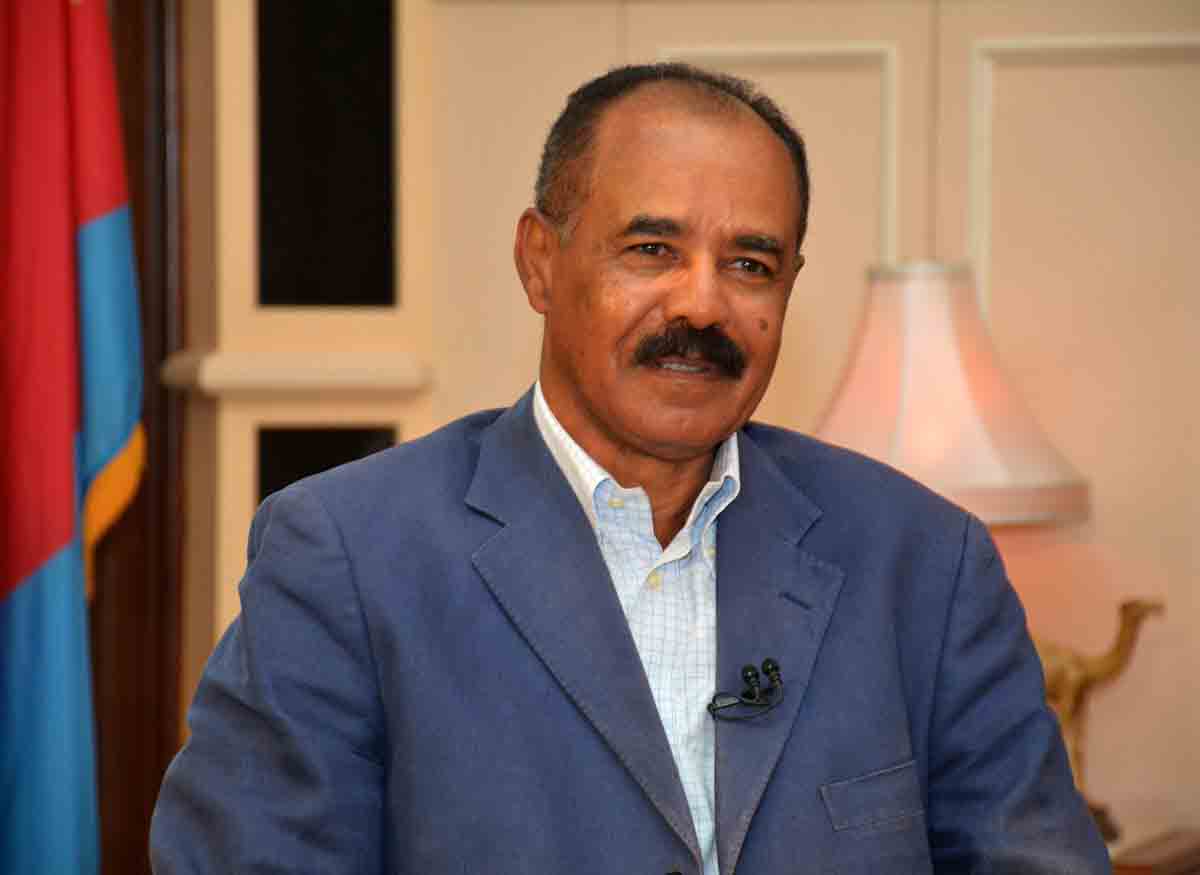
Eritrea’s President Isaias Afwerki is expected to arrive in Ethiopia shortly for the first time since the start of the two countries’ border war in 1998.
The gesture of the visit is intended to cement the recent reconciliation between the long-time enemies.
A peace deal ending the 1998-2000 border conflict had never been fully implemented and there has been tension between the neighbours ever since.
The countries have also agreed to re-establish trade and diplomatic ties.
Their border has been closed since the war ended, cutting off members of the same families.
The two countries have been in a state of “no war, no peace” since 2000, when a peace deal ended a war in which tens of thousands of people were killed.
A border commission set up under the peace agreement ruled that the town of Badme, the flashpoint for the conflict, was part of Eritrea but Ethiopia refused to accept this and so normal relations were never resumed.
The rivalry affected the whole region with each country normally taking opposite positions whatever the question.
They also took rival sides in Somalia’s long conflict – Eritrea was accused of backing Islamist groups, while Ethiopia, a US ally, supported the internationally recognised government.
Until now, Eritrea has always said that war could resume at any time and so had national conscription, which could last indefinitely.
This is one of the main reasons why so many Eritreans try to leave the country and seek asylum in Europe.
President Afwerki’s visit is a remarkable turnaround for the 72-year-old independence leader who has been isolated diplomatically and seen as secretive and paranoid.
Since Mr. Abiy took over as prime minister of Ethiopia three months ago, he has introduced a raft of changes.
As well as his overtures to Eritrea, Mr. Abiy has lifted a state of emergency, freed political prisoners and announced economic reforms.
He inherited a country that has seen some of the fastest economic growth in the world in recent years, but has also been riven by years of protests by people who feel marginalised.
……………………………………………………………………………………………………………………………………………………………………………
UK police find ‘small bottle’ with Novichok nerve agent
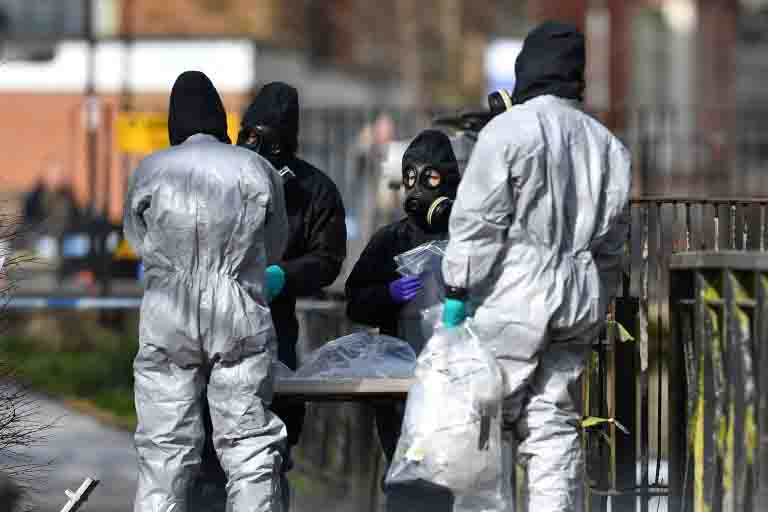
British police say they believe they found the source of a nerve agent that killed a woman this week in southwest England and left her partner critically ill in hospital.
Dawn Sturgess, 44, died on Sunday, just over a week after she was exposed to Novichok near the city of Salisbury where Russian double agent Sergei Skripal and his daughter Yulia were struck down with the same poison in March.
Sturgess’ partner, 45-year-old Charlie Rowley from Amesbury, a town a few miles from Salisbury, is now recovering in hospital.
“On Wednesday … a small bottle was recovered during searches of Charlie Rowley’s house in Amesbury,” police said in a statement.
“Scientists have now confirmed to us that the substance contained within the bottle is Novichok.”
More tests were being carried out to try and establish whether it is from the same batch that contaminated the Skripals and inquiries were underway to establish where the bottle came from, the statement added.
“This is clearly a significant and positive development. However, we cannot guarantee that there isn’t any more of the substance left,” said Assistant Commissioner Neil Basu.
He declined to give further details on the bottle, but police said inquiries were ongoing to establish how it came into Rowley’s possession.
Britain and its allies blamed Russia for the attack in March on the Skripals, prompting the biggest Western expulsion of Russian diplomats since the Cold War.
Moscow has rejected the accusations and has hit back by expelling Western diplomats.
The UK has invited independent technical experts from the international chemicals watchdog to travel to the country early next week to independently confirm the identity of the nerve agent, the British Foreign Office said on Friday.
